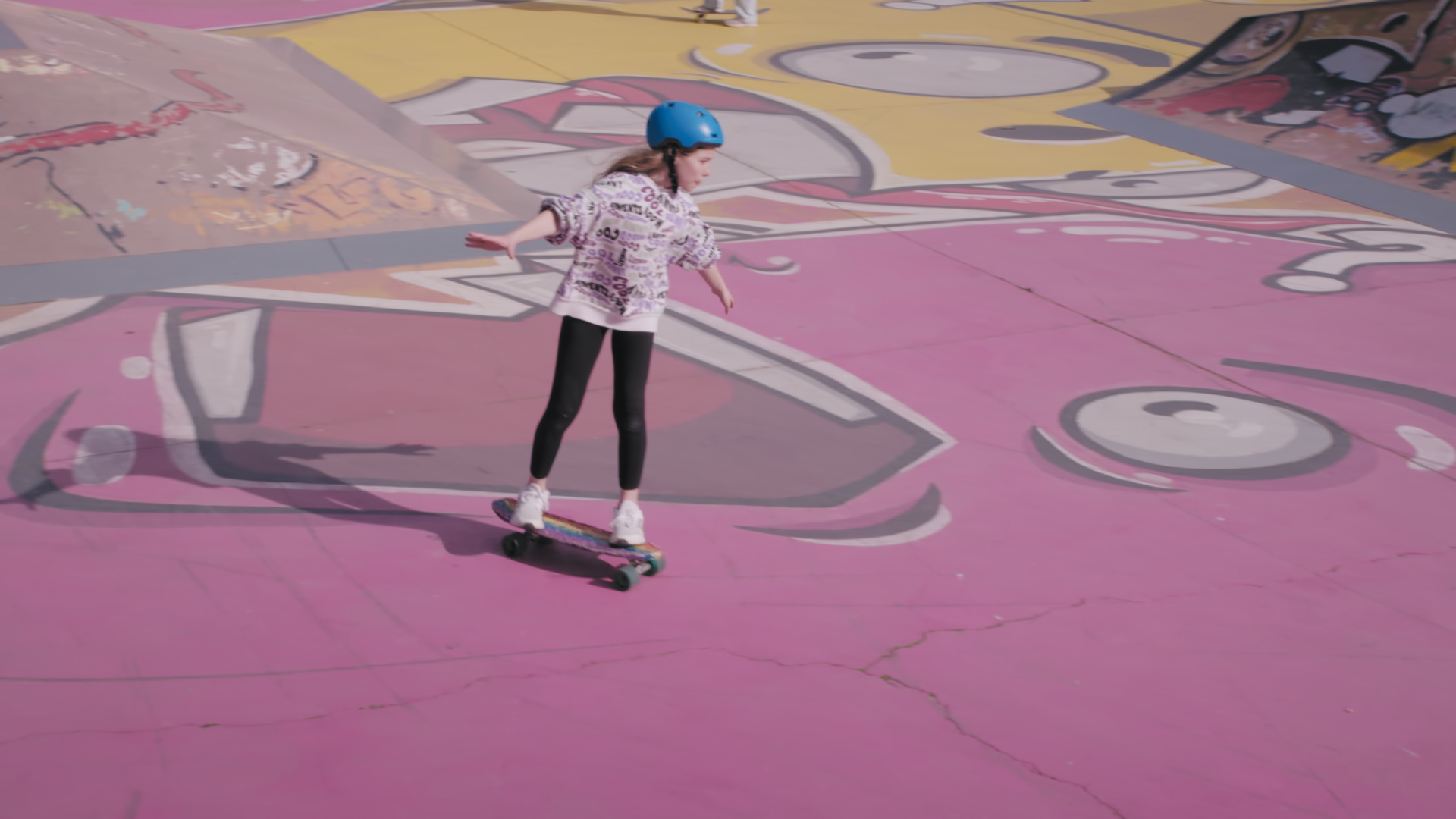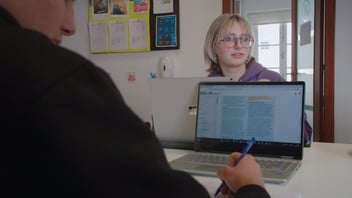Still the most watched TED talk on education with over 75 million views, Do Schools Kill Creativity? by Sir Ken Robinson clearly still resonates with the people of today. Unsurprisingly, since the talk first aired in 2006, not a great deal has changed in the world of education. And this is in fact one of Sir Robinson’s major arguments! The education system has been the same since the 19th century, when it was meant to meet the needs of industrialism. It’s not shocking then that we’re in need of a reboot.
The Failings of the Standing Education System
Fear of Failure
The first point Robinson makes is that the current education system instills a fear of failure. Children are taught that mistakes are to be avoided at all costs. And our society continues to push that idea well into adulthood, stigmatising errors in daily life and in the corporate realm. We are so frightened of being wrong, that we are educating students out of their creative capacities.
“If you’re not prepared to be wrong, you’ll never come up with anything original”
Tamping down creativity and innovation
Speaking of creativity and innovation, Robinson reveals the current educational hierarchy in the majority of the world. It is as follows: maths and languages are followed by humanities, with arts bringing up the rear. He states that even within the arts there are preferences, with art and music winning out over drama and dance.
“All children are born creative, and we are educated out of it.”
This hierarchy was created to support the academic ability needed in our world… almost 200 years ago. You wanted workers that were good at their jobs, learned quickly, and didn’t make mistakes. Nowadays we need students of all different types to fill in the modern society, but our system is still not pushing for that idea.
Where do we go from here?
During the TED talk, Robinson discusses that the variety and range of human creativity is extraordinary. We have no clear idea of the future but one thing is clear—everyone has an invested interest in education. Why? Because education is supposed to take us into this future that we know nothing about. Children studying right now will be retiring in a time when nobody knows what the world will look like, so how do we educate for such unpredictability?
The best we can do is follow Robinson's suggestions. We must encourage educators and policymakers to rethink the traditional educational system and embrace new approaches that value creativity and innovation in students—which was exactly the motivation behind the birth of Brave Generation Academy.
How BGA is working outside the box
Much like Robinson suggests, BGA wants to ensure a well-rounded structure for every learner to thrive. We employ an alternative education system, where academics are still prioritised, but individual creativity and skills are deemed equally important. We offer a three-pillared approach to education: knowledge, skills and community. Every one is as vital as the other when it comes to embracing each individual’s capacity and who they want to become. BGA encourages all learners to expand on their passions, to be involved in the community, to explore their own boundaries, to try things out for size, to work out their own path, and not to be afraid to fail in the process.
BGA’s ethos is that every individual has their own talents, passions, and capabilities. To embrace this is what is vital for their future; to become who they are supposed to become and have a safe space in which to figure that out. Whether the learner's interest be ballet or architecture, BGA steers them in the right direction. We help them to find internships for a real world experience, and assist them in planning out the necessary academic achievements required to reach their goal.
However perhaps more importantly, they’re allowed to change their mind. Which we don’t see as a mistake, but as a moment of clarity. If a learner begins to realise that their current path isn’t right for them, BGA is there to support this change and help to pinpoint and structure a new direction. BGA is there to offer a sanctuary and full support system where children can grow into young adults without stigma or restrictive boundaries.
BGA revolutionising the education system
It no longer works to impress a limited selection of academic subjects on every student and then test them to make sure they all reach a set standard. This is not going to prepare them for the modern workforce, let alone whatever might come along in the future.
The TED talk by Ken Robinson was a cry for help within education. Children cannot all be instructed in the same manner, and they need to be encouraged to find out who they are. We need to rethink the fundamental principles on which we are educating our children. BGA aims to answer by freeing and encouraging the next generation of learners to be creative, to be innovative, and to be BRAVE.
Find out more about Brave Generation Academy here.
“We need to use our gift on imagination to celebrate and use it wisely. We need to see our creative capacities for the richness they are and our children for the hope that they are - to educate their whole being so they can face their future - our job is to help them make something of that future.”




Leave a Comment